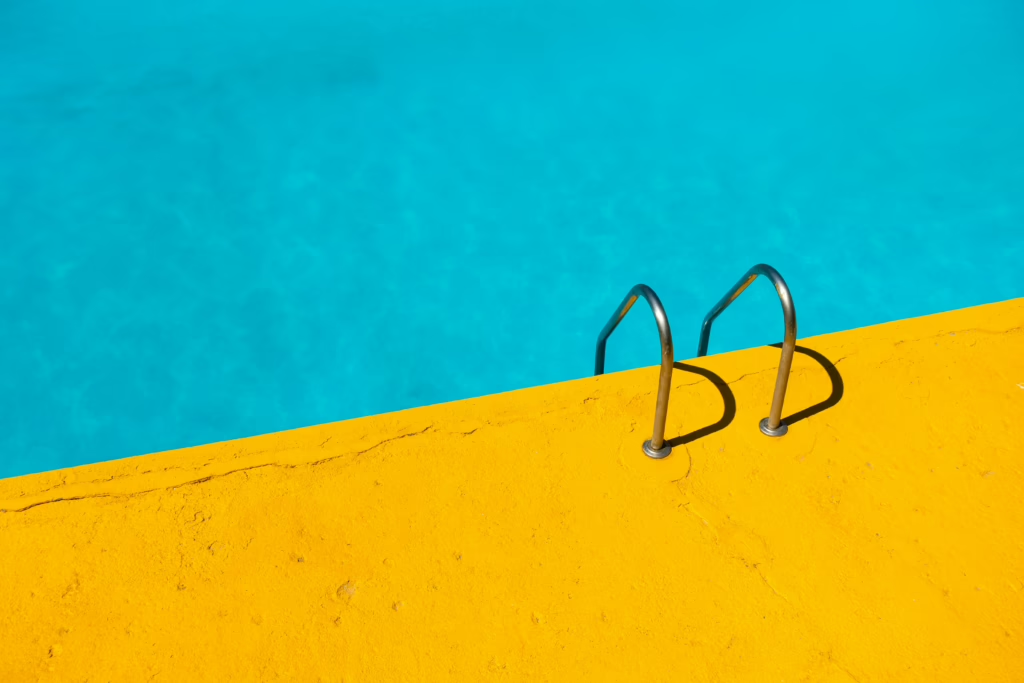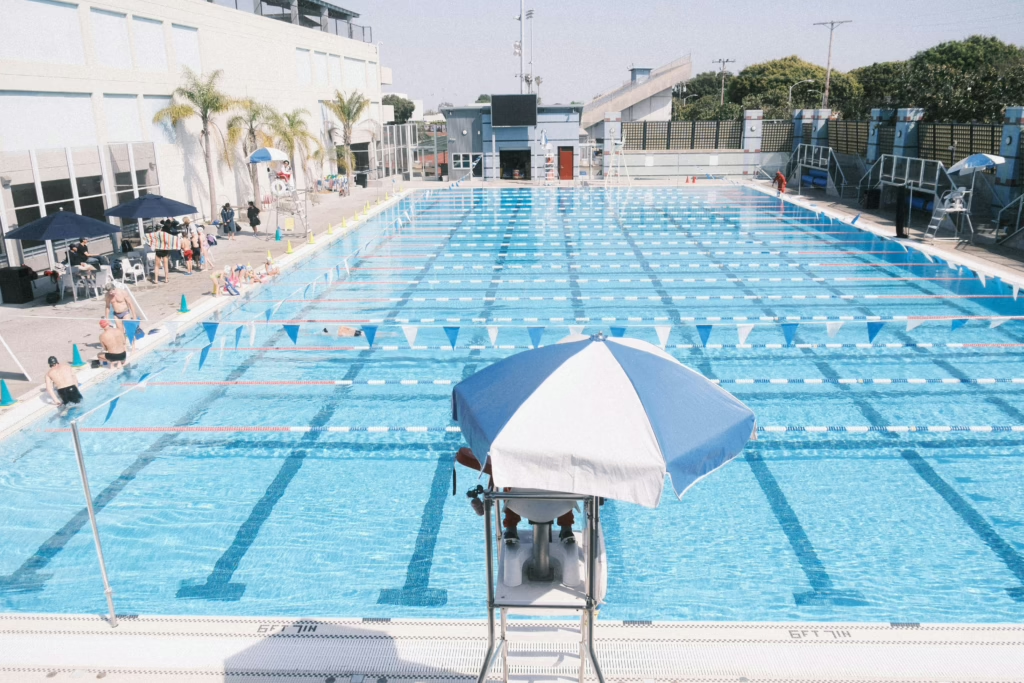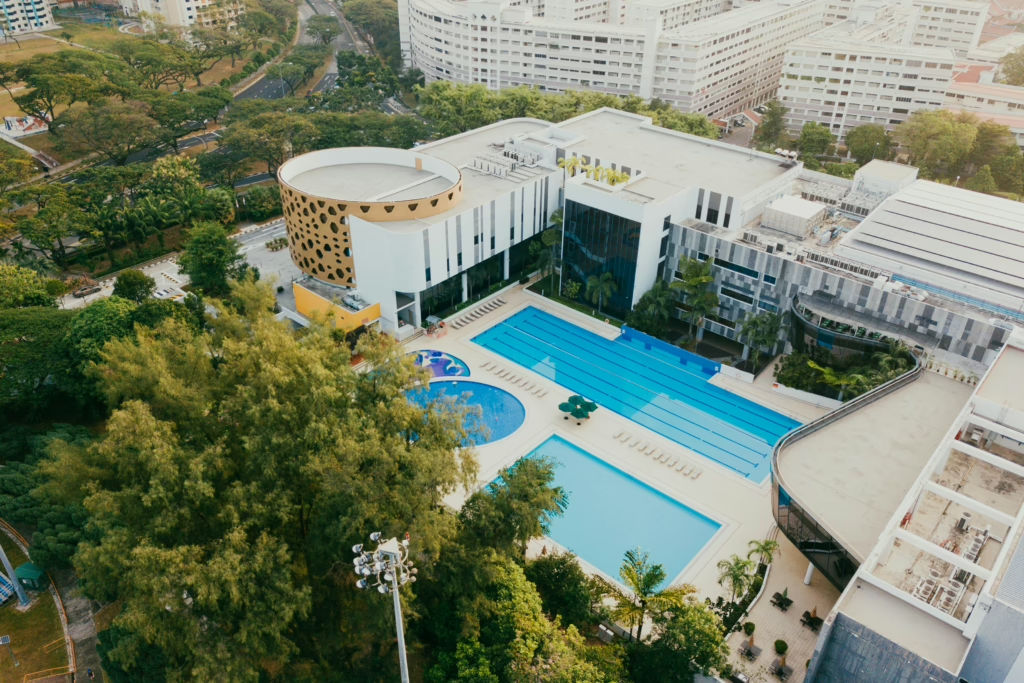A pool pump is essential to your pool’s circulation system, ensuring clean and safe water for swimming. While some minor maintenance tasks can be handled independently, knowing when to call a professional can save you from costly repairs and unnecessary stress.
Attempting DIY fixes on complex issues may seem like a money-saving move, but it often leads to bigger problems later. This guide will help you recognize when professional expertise is necessary and how to find a reliable repair service near you.
If you’re searching for pool pump repair near me, you’re already on the right track to effectively resolving your pool pump issues.
Signs You Need a Professional
Some pool pump problems are too complex or risky to handle alone. Here are the key signs it’s time to call a professional:
1. Persistent Noise Issues
If your pump makes grinding, screeching, or humming noises, it could indicate a problem with the bearings, impeller, or motor. These issues often require specialized tools and knowledge to diagnose and repair. Ignoring these noises may lead to further mechanical damage.
2. Electrical Problems
Electrical issues, such as power loss, tripped breakers, or a pump that won’t turn on, require immediate attention. Handling electrical components without proper training is dangerous and can injure or damage your equipment. Professionals can safely diagnose and repair electrical faults.
3. Leaks Around the Pump Housing
Leaks can occur due to worn-out seals, damaged O-rings, or cracks in the pump housing. While replacing an O-ring might seem simple, identifying and fixing more complex leaks requires professional expertise to ensure the pump is sealed correctly and functioning.
4. Pump Overheating or Shutting Off Unexpectedly
A pump that overheats or shuts off during operation could have motor issues, ventilation problems, or blockages in the system. Overheating can quickly lead to motor failure if not addressed promptly. A professional can identify the root cause and prevent further damage.
5. Water Flow Problems
If your pump isn’t circulating water properly, it may be due to clogs, air leaks, or a failing impeller. Basic troubleshooting, like cleaning the pump basket, might not resolve the issue. Professionals have the tools to inspect and repair internal components inaccessible to the average pool owner.
How to Find a Reliable Professional
Choosing the right repair service is critical to properly fixing your pool pump. Here’s how to find a trusted provider:
1. Research Reviews and Certifications
Look for companies with strong customer reviews and testimonials. Certifications from reputable organizations indicate that technicians are trained and qualified to handle complex repairs.
2. Ask About Warranties and Pricing
Reputable repair services offer warranties on parts and labor, giving you peace of mind. Transparent pricing with detailed estimates ensures there are no hidden fees.
3. Questions to Ask
When contacting a repair company, ask about their experience with your specific pump model, availability for urgent repairs, and the expected turnaround time. A reliable provider will answer your questions clearly and professionally.
FAQs: Pool Pump Repair Near Me
1. What are the signs my pool pump needs repair?
Common signs include unusual noises (grinding or screeching), leaks, low or no water flow, frequent shutdowns, or a spike in energy bills.
2. How much does a pool pump repair cost near me?
In San Diego, pool pump repair typically costs between $150 and $400, depending on the issue and required parts.
3. Can I repair my pool pump myself?
Simple tasks like cleaning the pump basket or replacing an O-ring can be done yourself. However, professional help is recommended for electrical or motor issues.
4. Why is my pool pump making a loud noise?
Loud noises often indicate problems like worn bearings, a clogged impeller, or air leaks in the suction line. A professional should inspect these.
5. What causes a pool pump to stop working?
A pump can stop due to electrical problems, clogs, motor failure, or low water levels. Regular maintenance helps prevent these issues.
6. Should I repair or replace my pool pump?
Repair is often best for pumps under 7 years old. However, for pumps over 10 years old or with costly repairs, replacement may be more cost-effective.
7. How long should a pool pump last?
A well-maintained pool pump typically lasts 8–12 years. Regular care and prompt repairs can extend its lifespan.
8. Why is my pool pump leaking?
Worn seals, damaged O-rings, or cracked pump housing often cause leaks. Addressing leaks early prevents further damage.
9. What can I do to prevent future pool pump repairs?
To catch issues early, regularly clean the pump basket, maintain water levels, inspect seals, and schedule routine professional inspections.
10. How quickly can pool pump repair be completed in San Diego?
Most repairs can be completed within a few hours to a day, depending on the issue’s complexity and parts availability.
Final Thoughts
Knowing when to call a professional for pool pump repair is crucial for maintaining your pool’s health and avoiding costly damage. Persistent noise issues, electrical problems, leaks, and water flow challenges are all signs that require expert attention.
If you’re searching for pool pump repair near me, PoolLogic San Diego is your trusted partner. Our skilled technicians provide fast, reliable service to keep your pool running smoothly. Contact us today to schedule your repair and ensure your pool is always ready for a swim!



